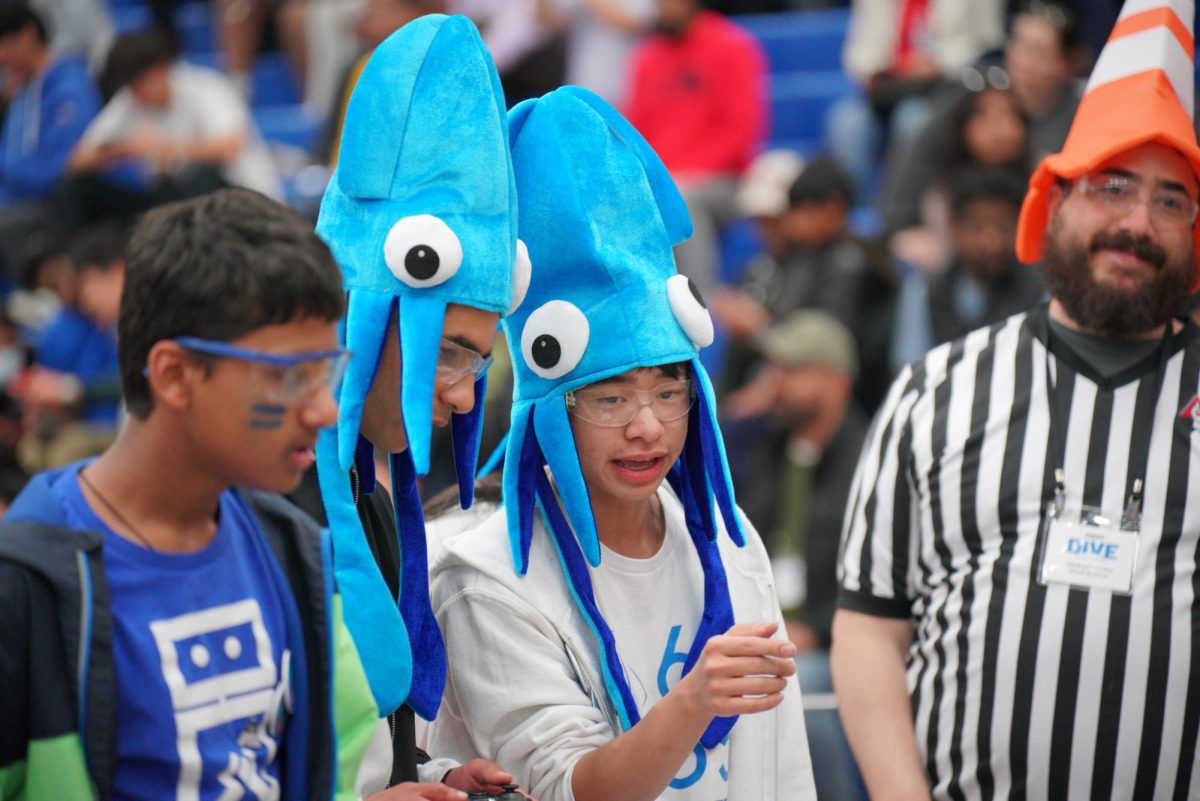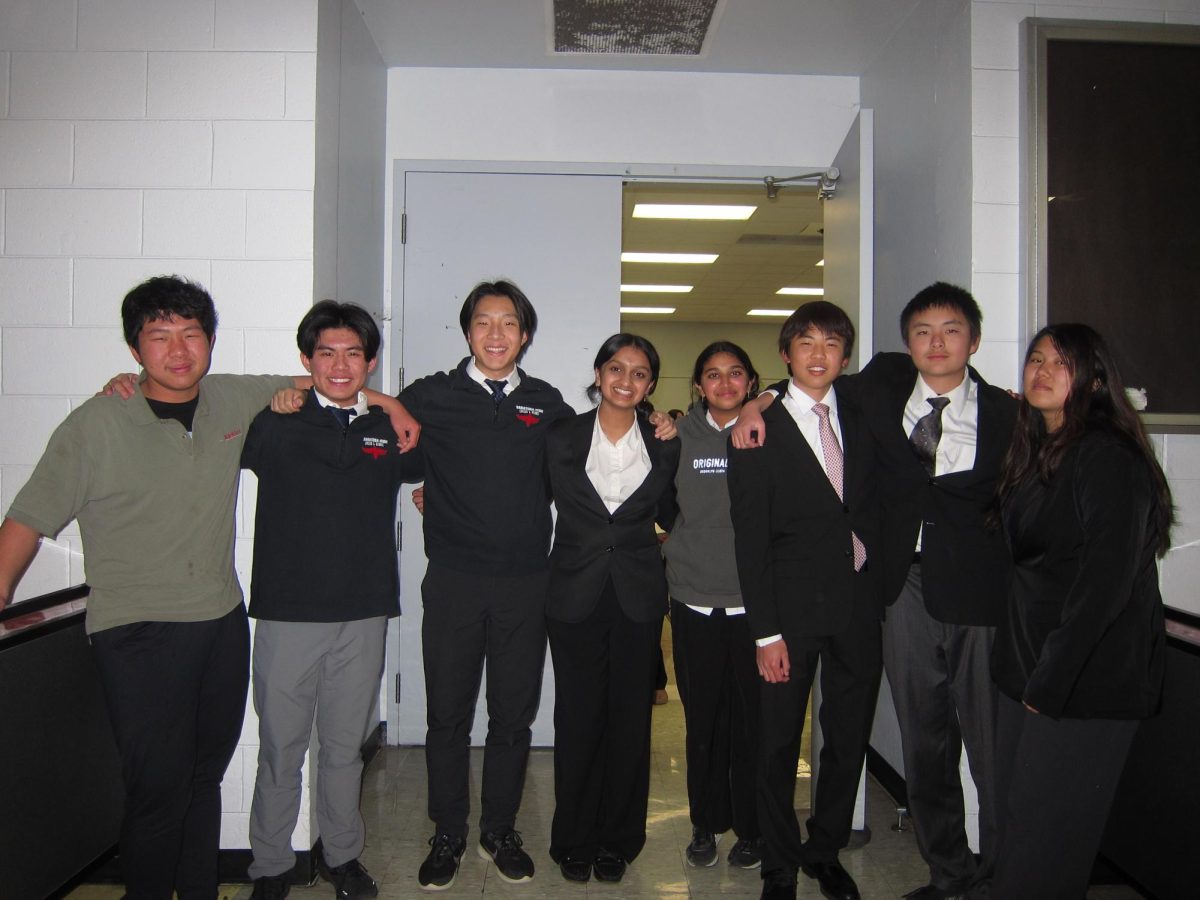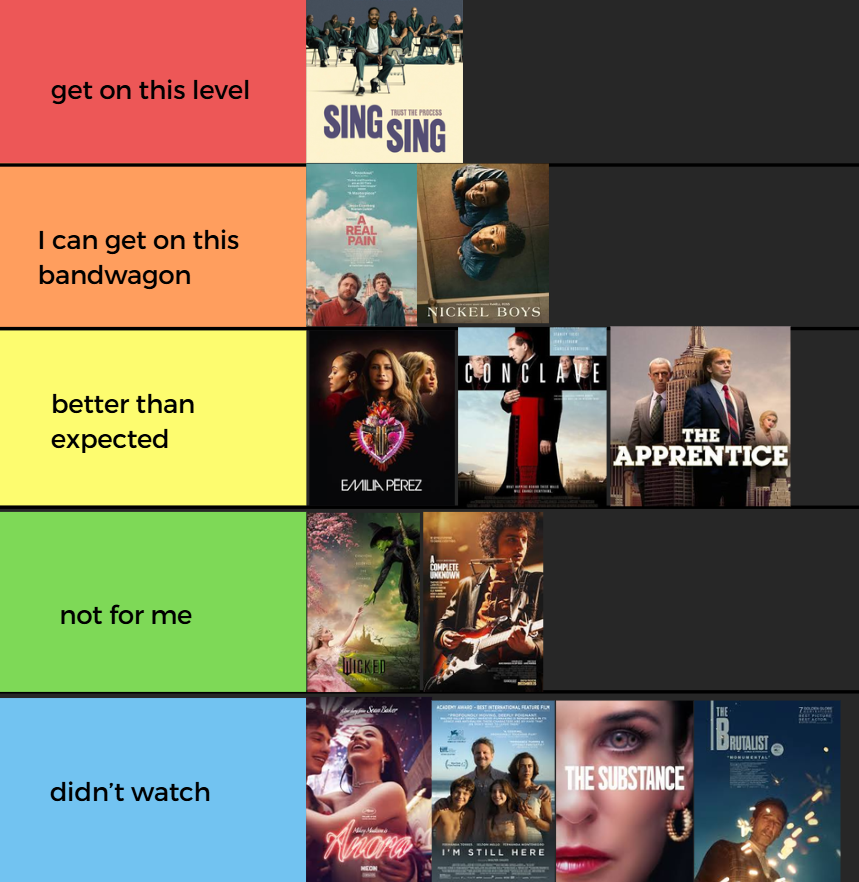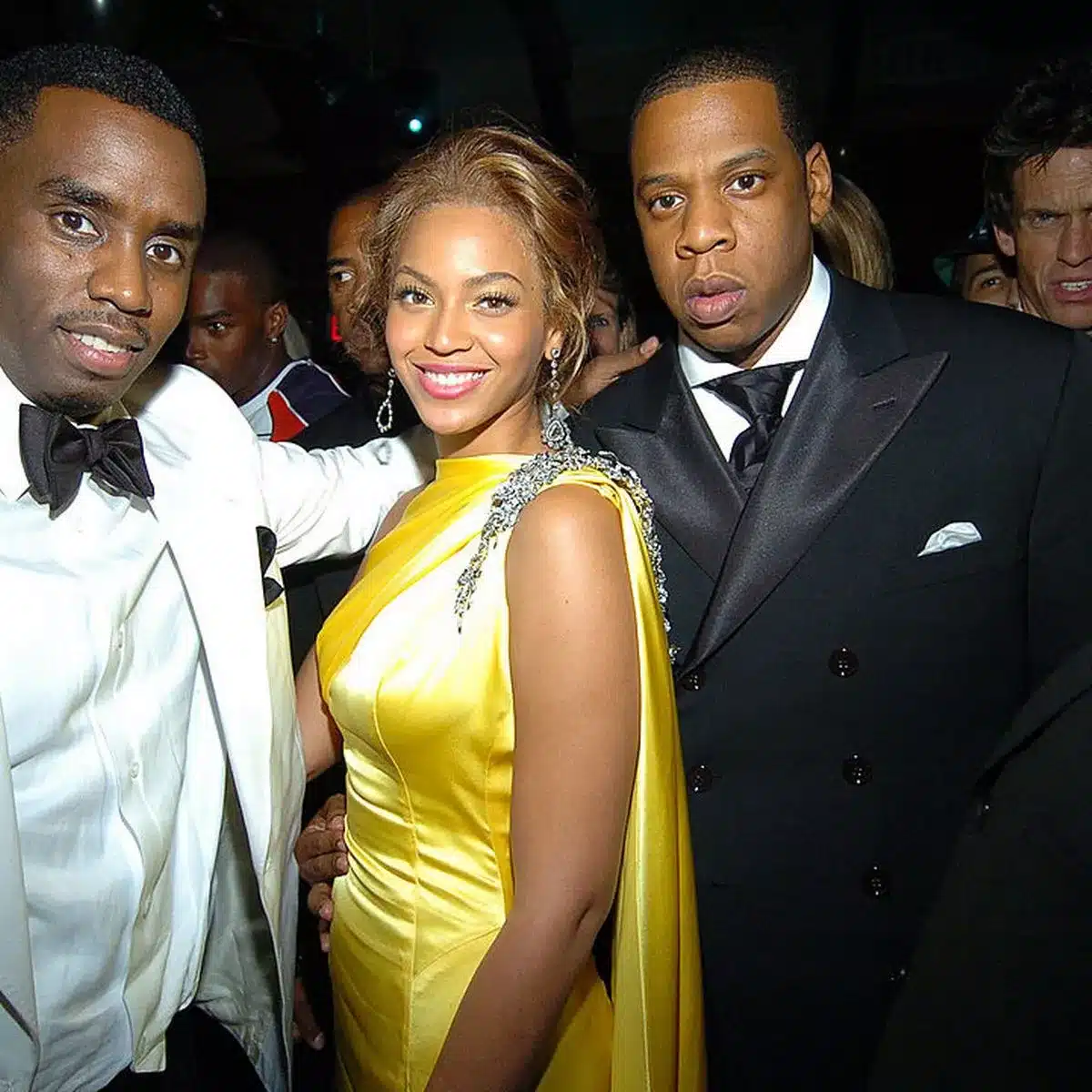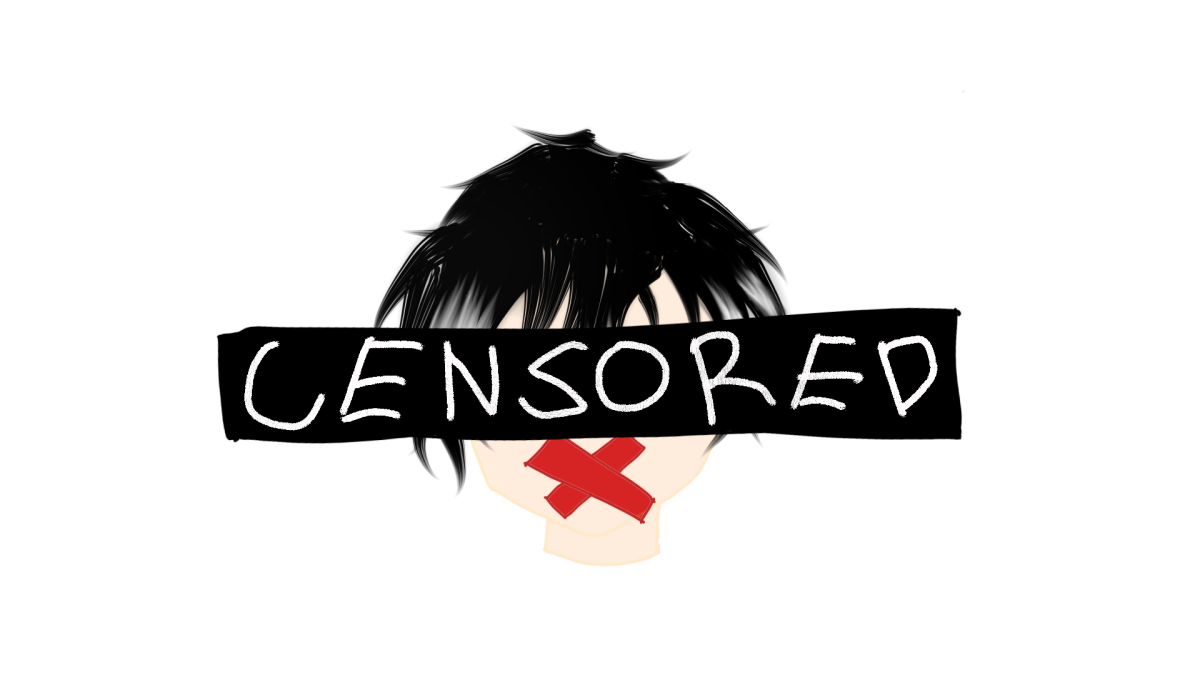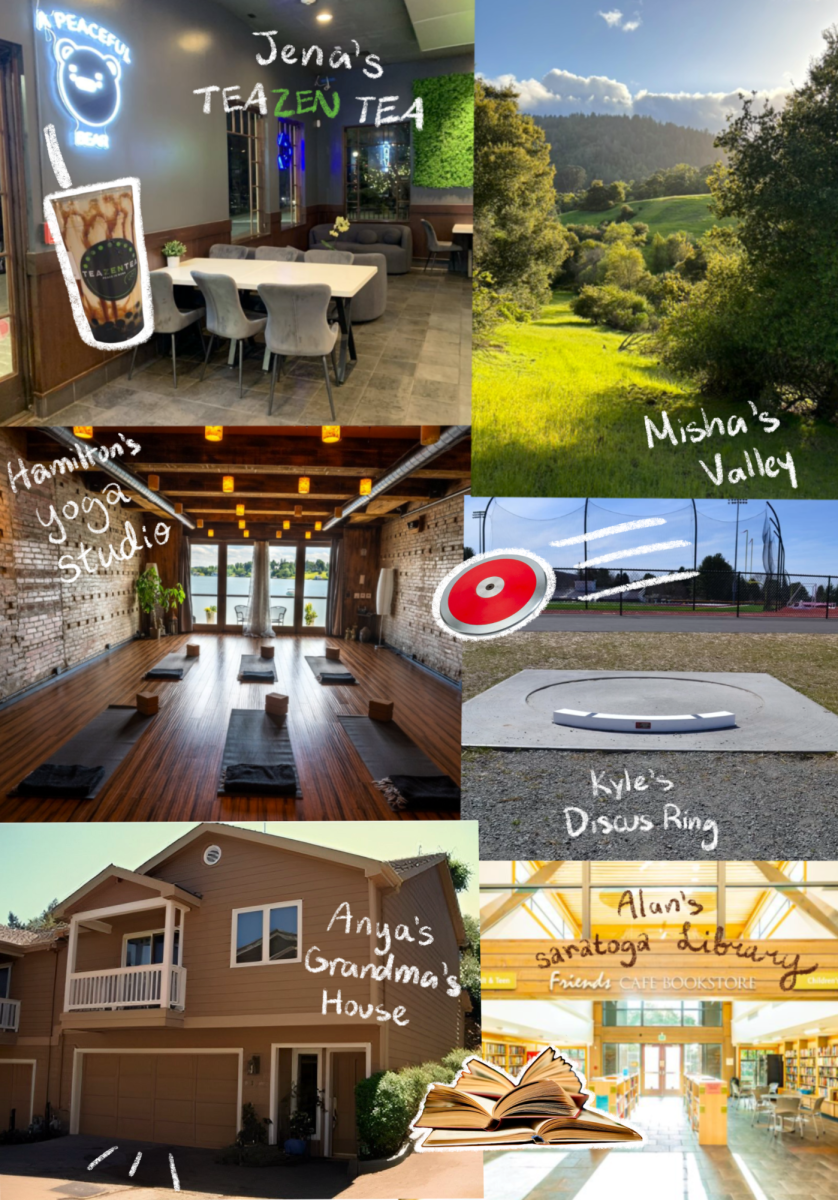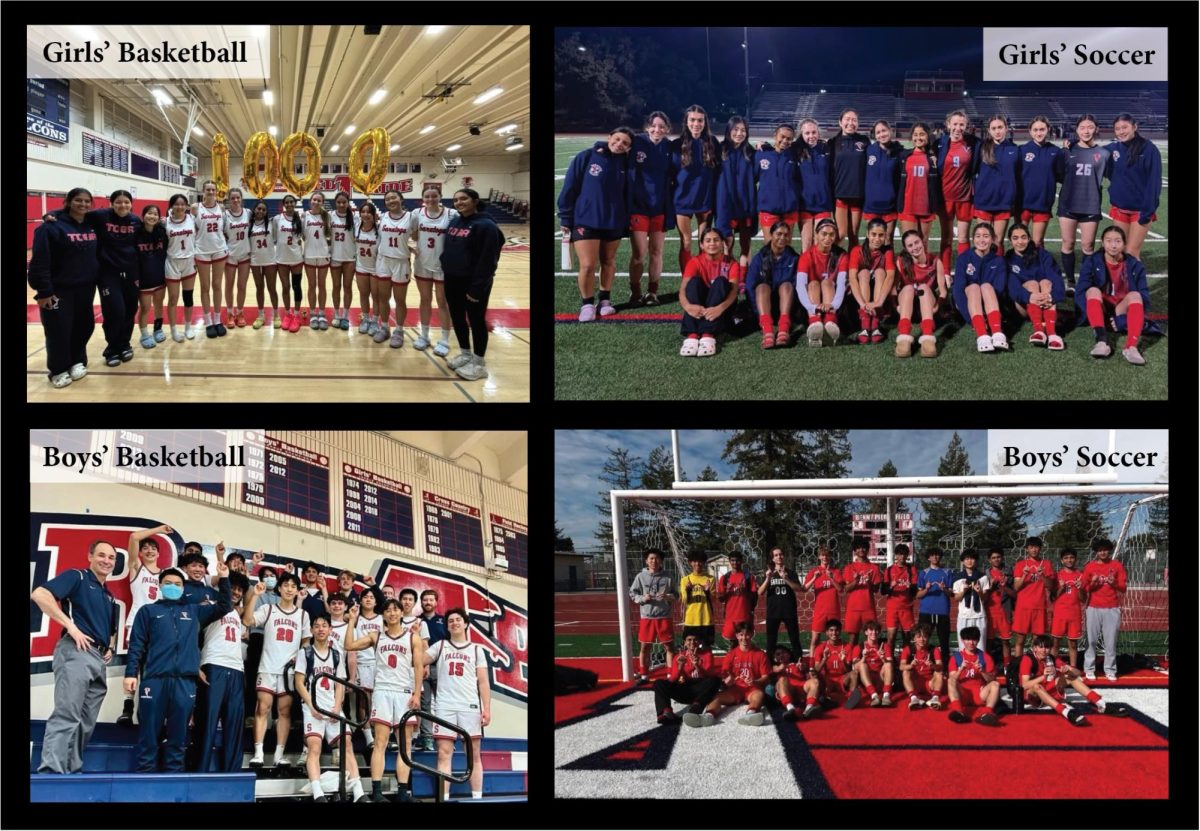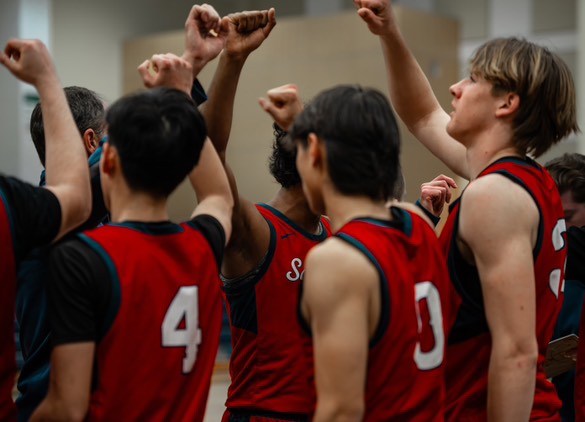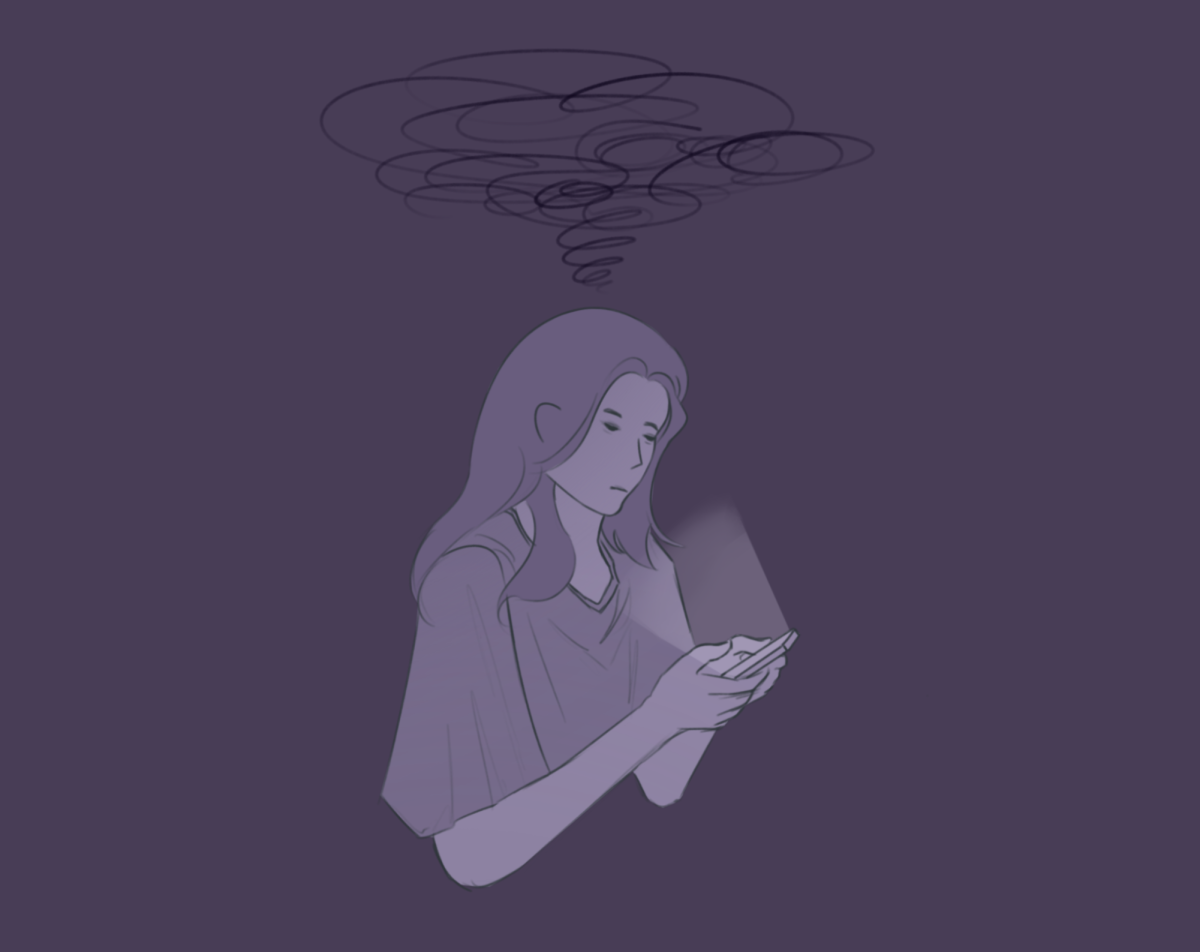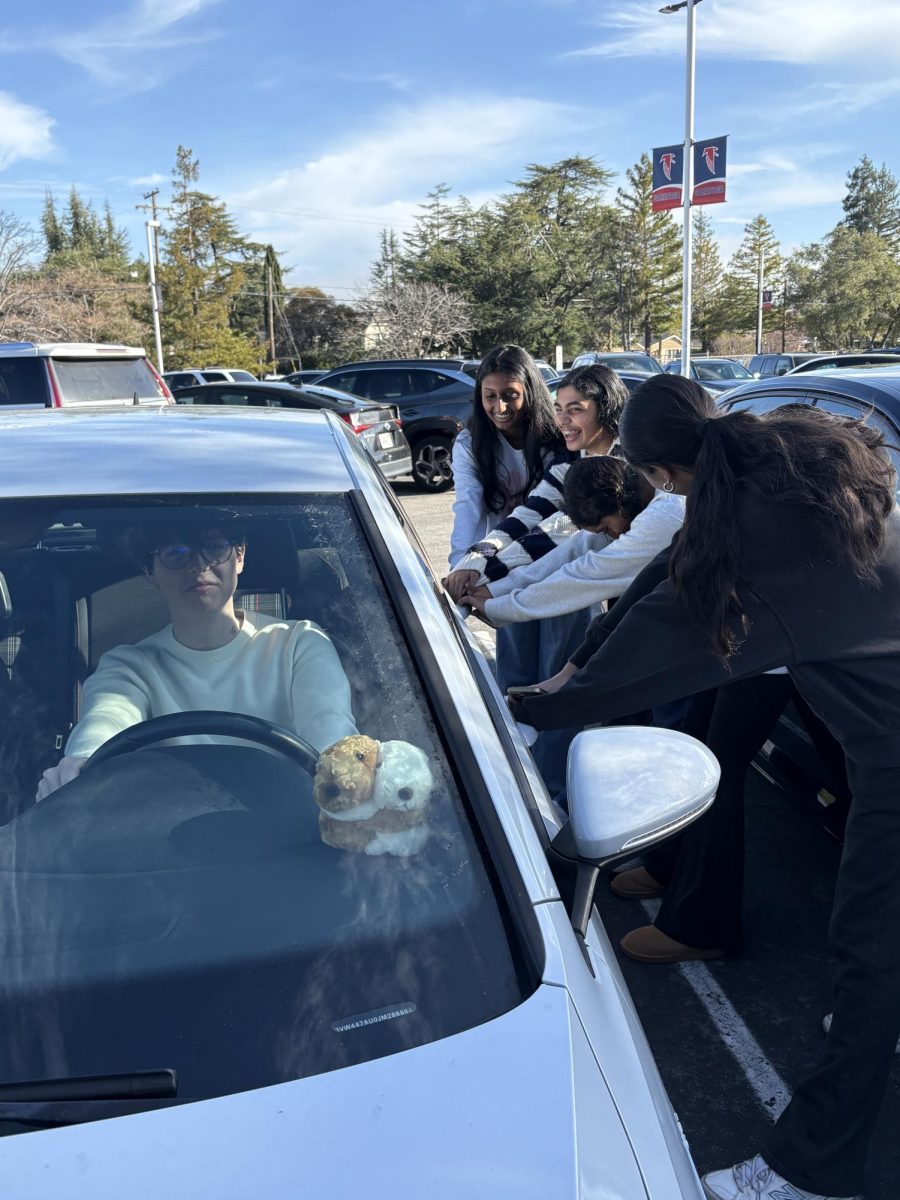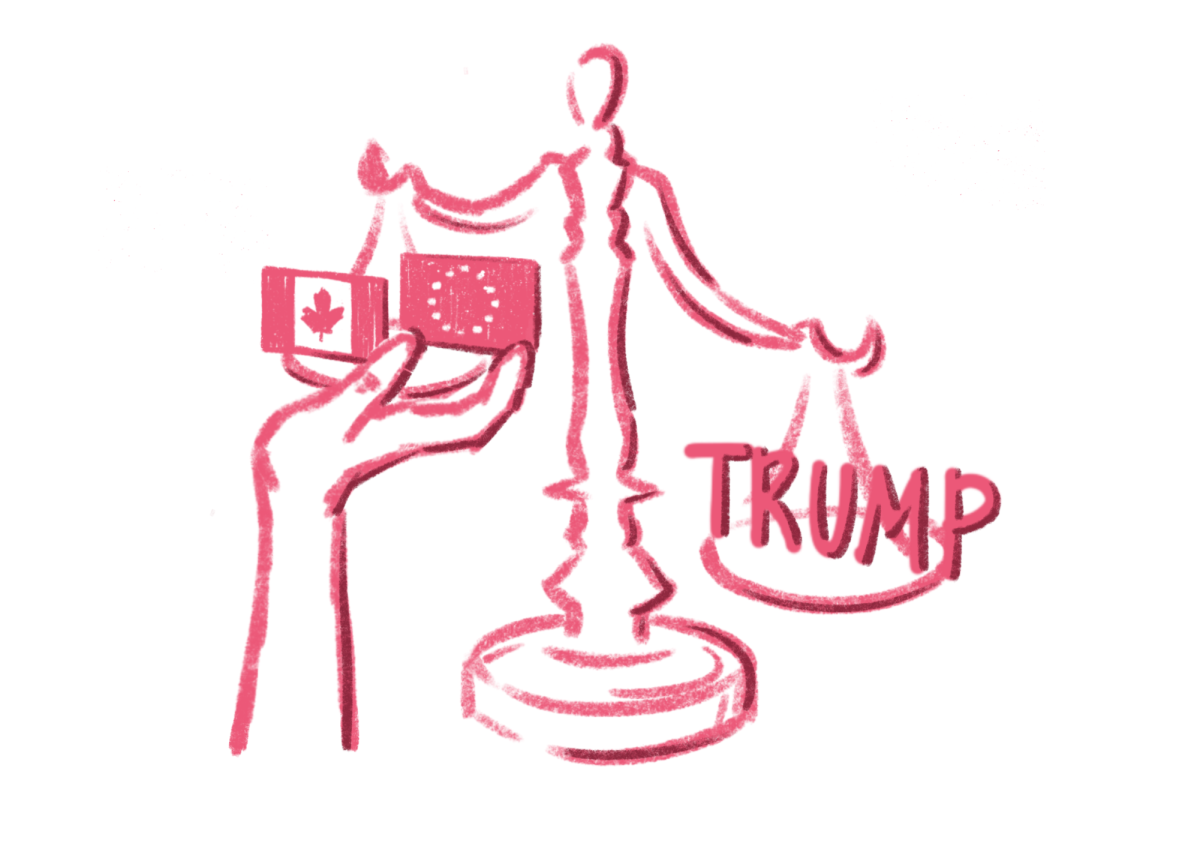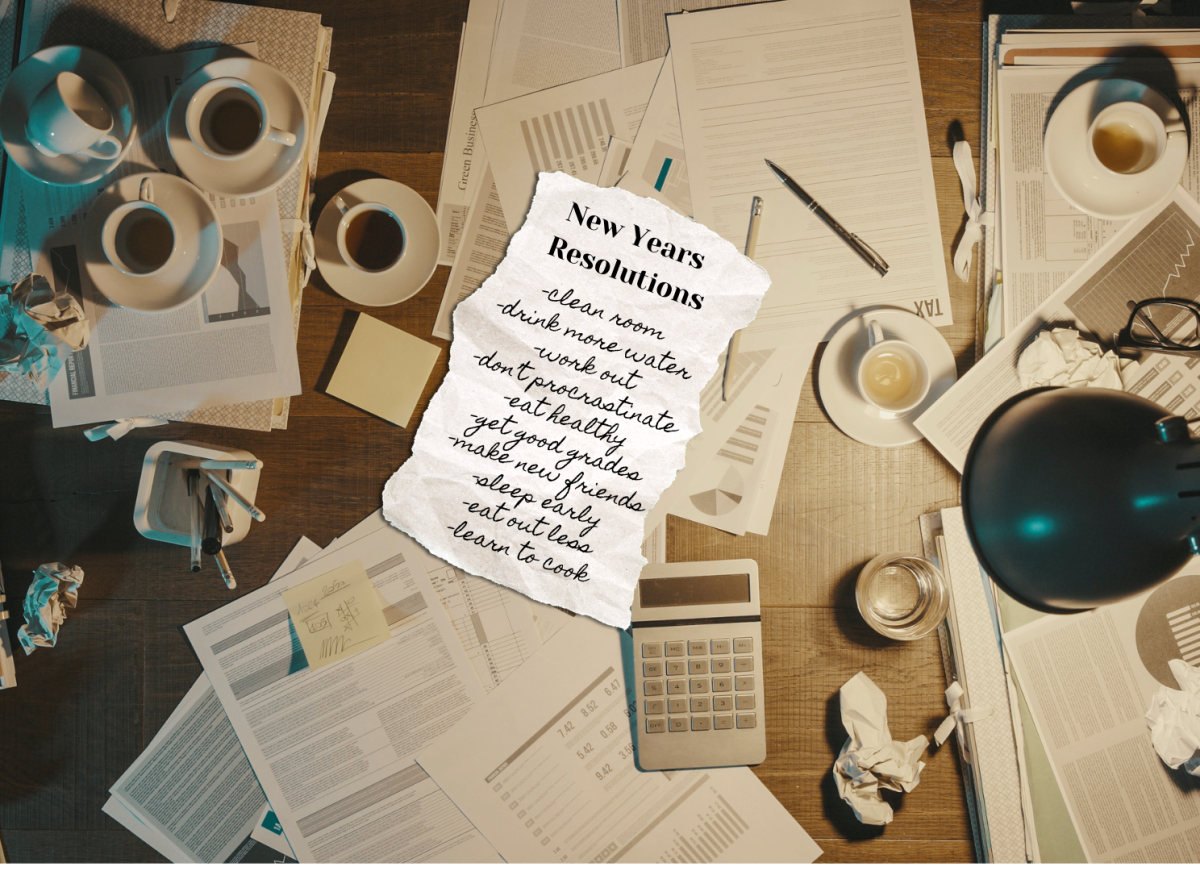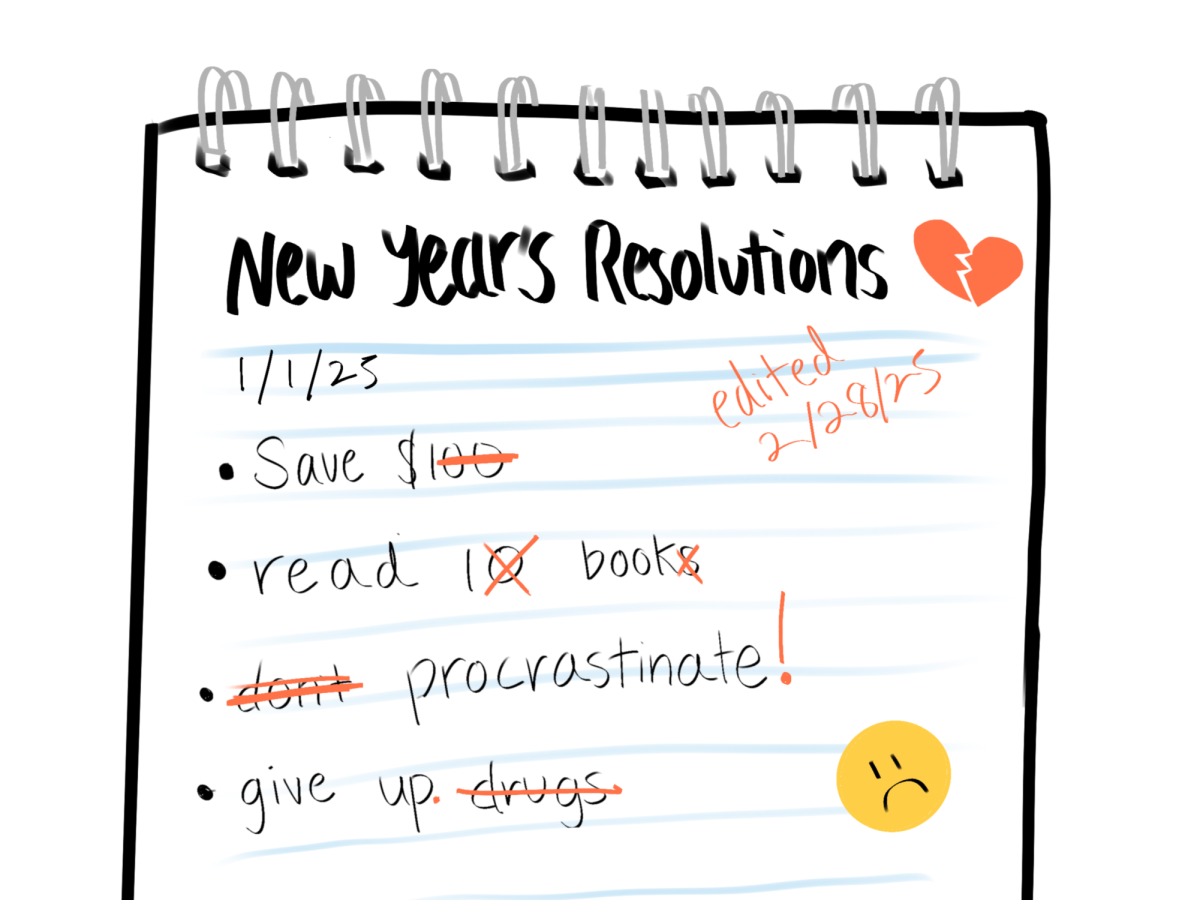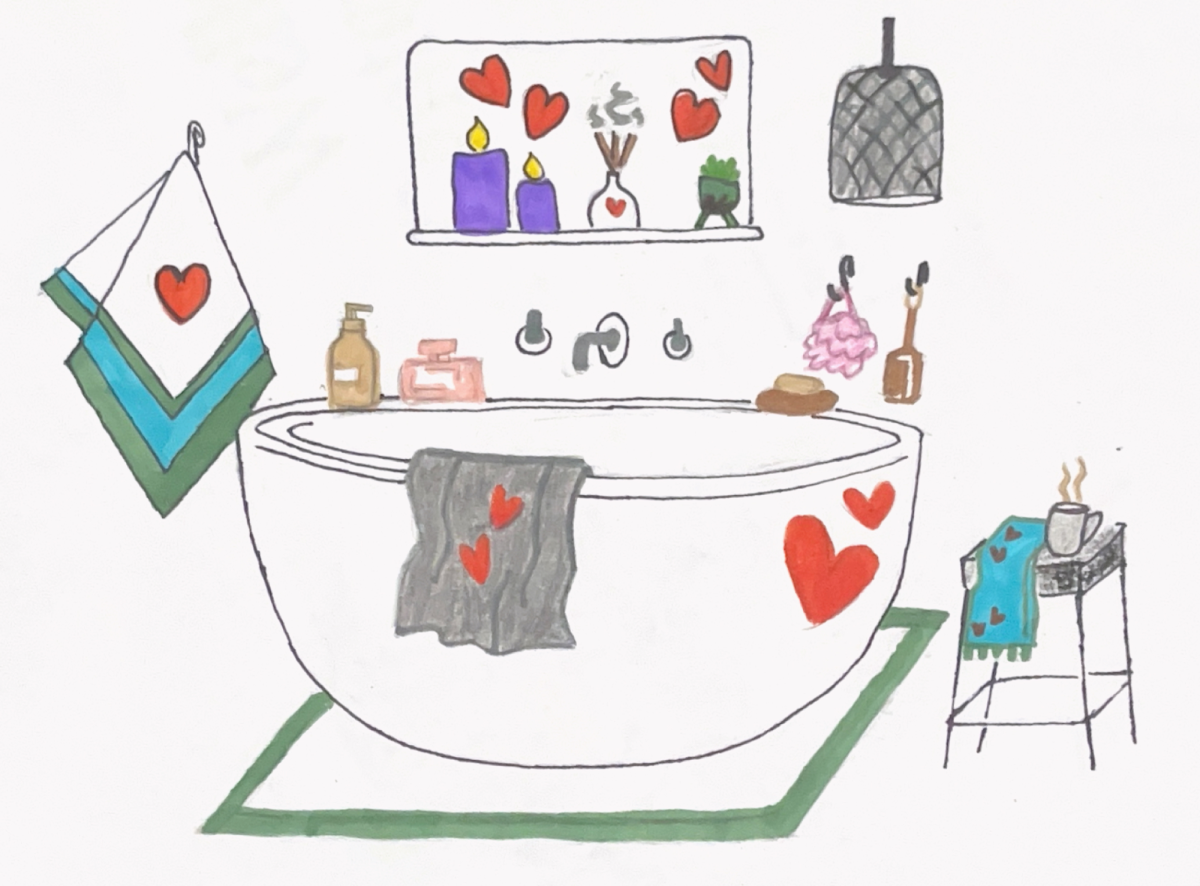Two years ago, as senior Leena Elzeiny walked down Saratoga Avenue with a cousin from Egypt, a man from a car whizzing by yelled “Allahuakbar!” a Muslim word of prayer.
Stunned, Elzeiny’s cousin turned to her and asked, “Is that normal?” Elzeiny replied, “Yeah, I guess.” But she was hesitant.
“I remember I wasn't definitive because I had never recognized that behavior as abnormal before,” said Elzeiny, a Muslim who wears a hijab in public.
Although this experience lasted only seconds, Elzeiny realized it was one of the ways, albeit small, that Islamophobia had manifested in her life.
Islamophobia, as defined by the Council on American-Islamic Relations (CAIR), is the unfounded fear, hatred of or prejudice against Islam or Muslims that is often based simply on personal ideals and a limited understanding of the Muslim community. This discrimination became especially prevalent in the nation after the Sept. 11 attacks by the terrorist group al-Qaeda.
Middle-Eastern terrorists hijacked four passenger airliners with the intent of massacring thousands and inciting fear. Two planes crashed into the Twin Towers, a third crashed into the Pentagon and a fourth crashed in a field near Shanksville, Penn., after its passengers overpowered the hijackers and diverted the plane.
Due to these attacks, some Americans started to believe that a majority of Muslims share the same values as those held by al-Qaeda and other radical groups. Spurred by President Donald Trump’s fiery anti-Muslim tirades and talks of “Muslim bans” intended to prevent terrorism, people have begun discriminating against Muslims more openly and with increased brutality. According to a 2018 report by CAIR, the total number of cases of Islamophobic incidents in the U.S. skyrocketed from 1,589 in 2015 to 2,899 in 2017. Even the the diverse and normally tolerant Bay Area has experienced many cases of Islamophobia.
In 2016, 51-year-old Denise Slader was sentenced to three years of court probation and 20 days in jail after beating and throwing hot coffee on Rasheed Albeshari, a Muslim man, as Albeshari and his friends prayed at Lake Chabot Regional Park in Castro Valley. Albeshari recorded footage of the attack, in which Slader, a Christian, yelled, “You are very deceived by Satan. Your mind has been taken over, brainwashed, and you have nothing but hate.”
In response, Eden Interfaith Council, an organization aiming to promote understanding and respect among all faiths, held a peace rally at the Castro Valley BART station shortly after the assault to protest discrimination against Muslims.
Just two weeks after the Christchurch mosque shootings in New Zealand on March 15, where 50 were killed and 50 wounded, an arsonist set fire to an Escondido mosque just north of San Diego. Although congregants at the mosque extinguished the fire before it could cause serious damage, police later found graffiti that referenced the Christchurch shootings on the mosque’s driveway, the Guardian reported.
A month later, a driver injured eight pedestrians when he deliberately ran his sedan into a crosswalk and onto a sidewalk on Saratoga Sunnyvale Road, allegedly because he thought the pedestrians were Muslim. Witnesses said the suspect followed his attack saying, “Thank you, Jesus, yes Jesus, praise Jesus,” KTVU reported.
Elzeiny said she cried when she heard about the Christchurch shootings because she, like the victims, went to the mosque to pray Jumaa, or Friday prayer, “with the assumption that I would walk out alive.”
“My dad said something that really hit me: ‘Don’t you think those people in New Zealand had plans after Jumaa?’” Elzeiny said.
While aggressive Islamophobic attacks have been less prevalent in historically low-crime communities Saratoga, several students still recounted incidents where they or people they knew faced bigotry. According to a study from BestPlaces, only 1.1 percent of Saratoga’s population is Muslim, making them one of the smallest religious minorities in the area.
Sophomore Imaan Qureshi, who is Muslim, said she and several others have been targets of hate speech, including being called a “terrorist” and overhearing others mock Islam and the Quran.
“It makes me feel sad and irritated that people judge a religion without actually looking into it and its morals,” Qureshi said.
Junior Surbhi Bhat said that her next-door neighbor, who is Muslim, feared similar attacks to the point where she was afraid to wear her hijab during the 2016 presidential campaign in which Donald Trump mocked the parents of a fallen Muslim soldier, among other insults to those in the religion. Her neighbor’s story opened Bhat’s eyes to more subtle forms of discrimination and inspired Bhat to be more vocal.
“It was upsetting to see someone being uncomfortable and feeling unsafe with their own faith in a place like the U.S., where that is supposed to be accepted,” Bhat said.
Bhat, who is Hindu, moved from Kashmir to America when she was 5. Because Kashmir is a region with a Muslim majority, Bhat said growing up around Muslims and understanding their religion and values helped prevent her from leaping to the same judgments that some Americans do.
Although many people in the Bay Area share Bhat’s views on Muslims, Elzeiny and her family’s lives changed drastically in the months immediately following the Sept. 11 attacks. Elzeiny’s mother had to temporarily stop picking up her then seven and nine-year-old sons from Maleek Elementary School in Fresno out of fear that the family would be vulnerable to hate crimes.
“Their principal was kind enough to call my mom and tell her to stay in the house; she would take my brothers home,” Elzeiny said. “That actually ended up being the arrangement for a while because both my parents were scared the house would get attacked.”
Elzeiny’s mother, who heard multiples reports of friends assaulted in public, did not leave the house for 40 days. When she and her husband finally deemed it safe to visit a lake near their house, a police officer immediately asked them if they were sure they wanted to stay and remained on guard in the area.
Weeks later, Elzeiny’s family moved briefly to Indiana for her father’s new job, where people refused them service and yelled at them to “go back to Iraq” despite the fact that they were from Egypt. Even in their daily lives, they encountered spontaneous attacks from the least suspicious people.
“An old woman once grabbed the shopping cart from my mom and thrust it away from her, shouting, ‘Go back to your country!’” Elzeiny said.
Aside from these more direct, aggressive forms of Islamophobia, Elzeiny has also fought stereotypes stemming from ignorance about Muslim culture. Because some people view those who wear hijabs as oppressed, Elzeiny said, many people view her as a passive person.
“I hate that, and it doesn't help that I am also small and female,” she said. “I used to box, and people would always be so surprised when they partnered with me because I seriously gave it all I got. In lacrosse, I once yelled to get everyone's attention, and a girl next to me said, ‘Whoa.’”
While she avoids causing drama, Elzeiny said she tries to disprove people’s preconceptions of her by demonstrating her assertive nature, especially if someone tries to take advantage of her.
For her part, Qureshi blames the subtle forms of Islamophobia in the Bay Area to a general lack of understanding about the Muslim community. Because of the way the media and the public portray Islam, what many think of the religion drastically differs from its values, Qureshi said.
“People make assumptions and ignore the idea of getting informed about something before making judgments,” she said. “One of the biggest morals of Islam is peace — Islam itself means ‘peace’ — but many times fear and hate blind people from seeing it as what it really is.”
Although Elzeiny said that people in the Bay Area tend to marginalize racism and Muslim-bashing, she said that this attitude toward racism tends to lead to the less direct forms of Islamophobia that she commonly faces.
“It’s a lot easier to yell something out of a car and not to have to face the consequences,” Elzeiny said.
In order to prevent bigotry and stereotypes against Muslims, Bhat said people should familiarize themselves with Muslims and their religion before jumping to conclusions or saying something potentially hurtful.
Despite occasional incidents she has faced, Elzeiny said she generally feels safe living here. Still, she understands that although most people in the Bay Area accept Muslims, daily discrimination and potential hate crimes are real threats for those living in other parts of the country.
“There will always be hateful people no matter where you go,” Elzeiny said. “We hear about every terrorist attack internationally, but we don't hear about all the good done to counteract the stereotype.”

